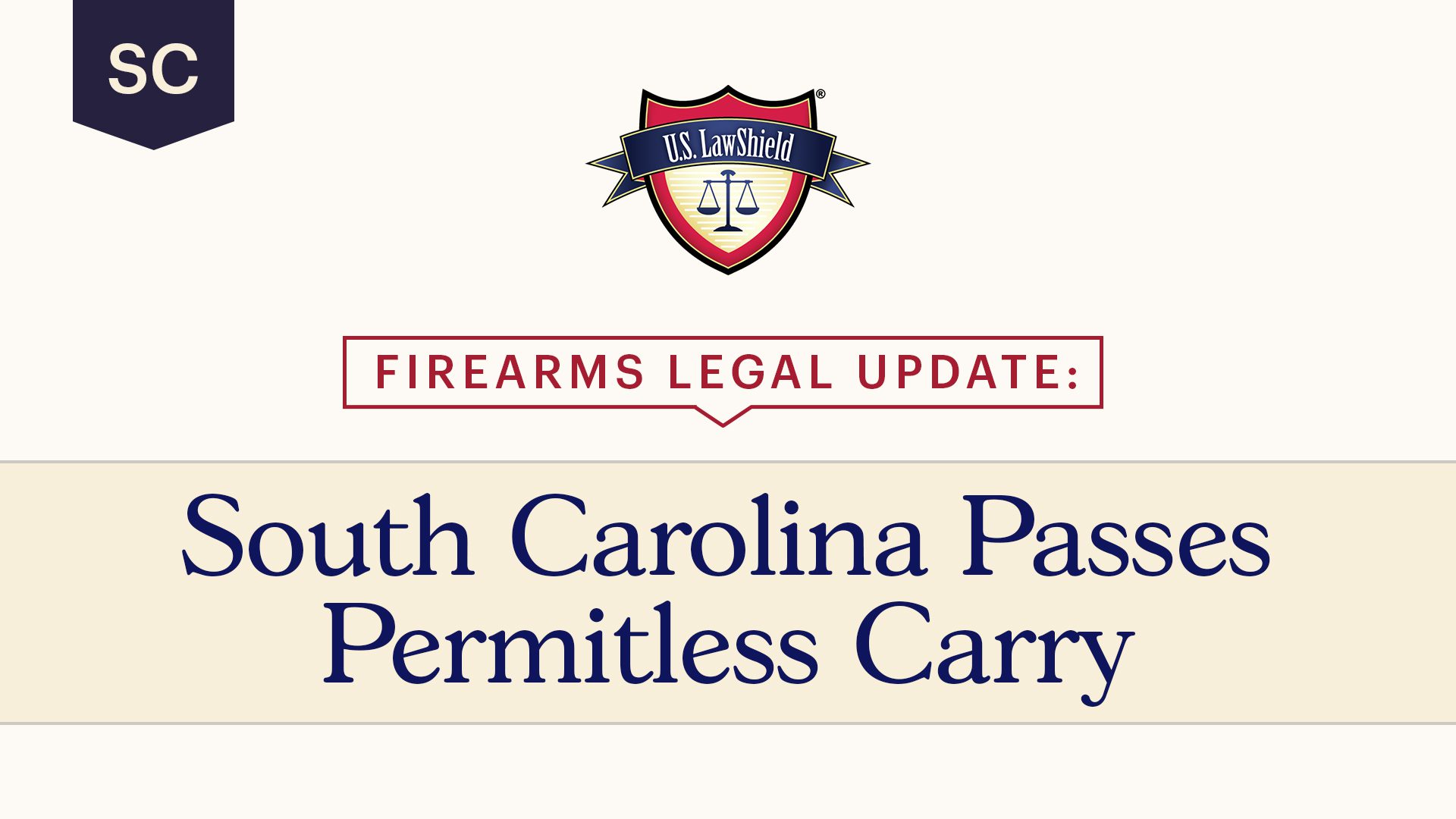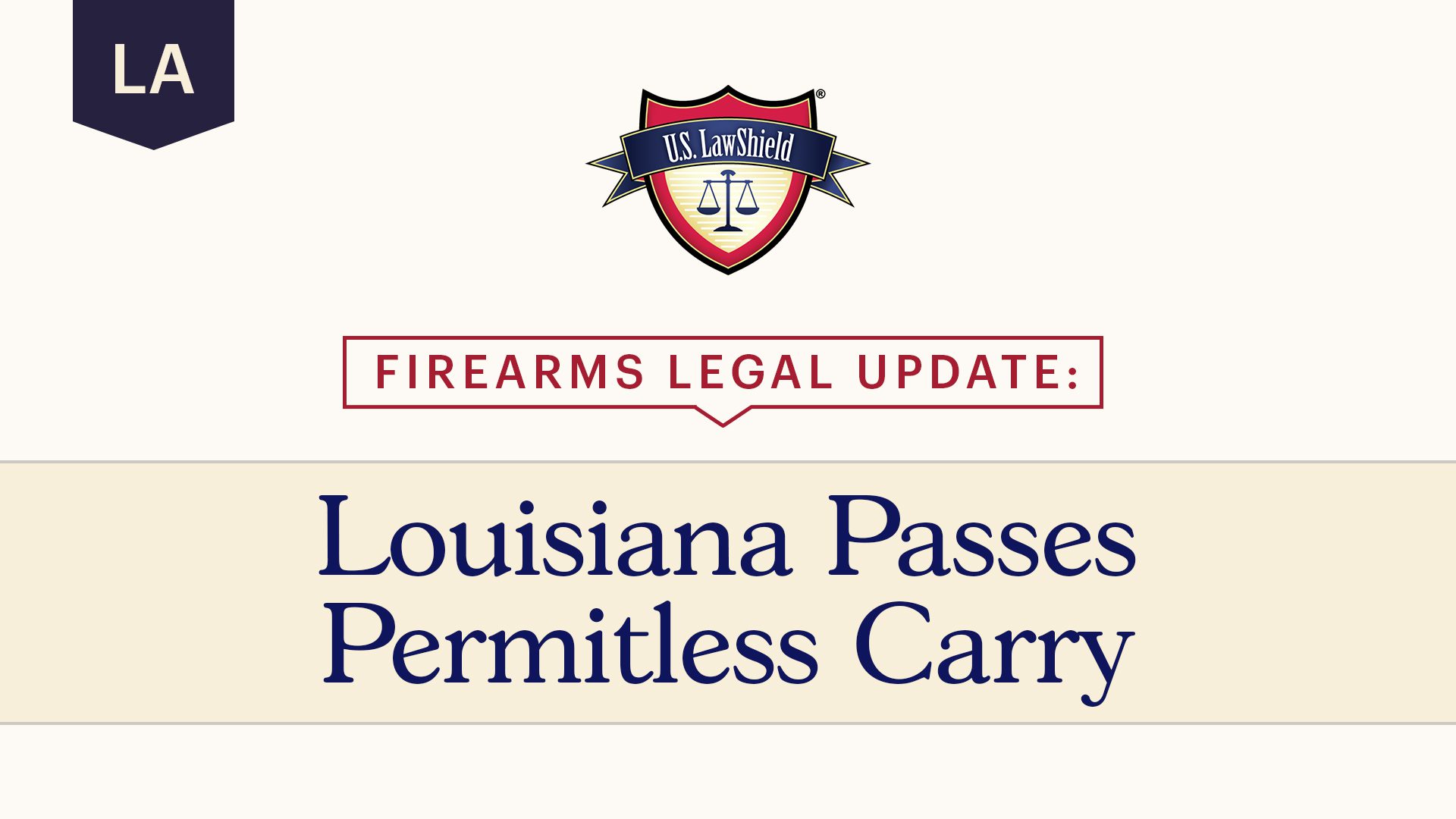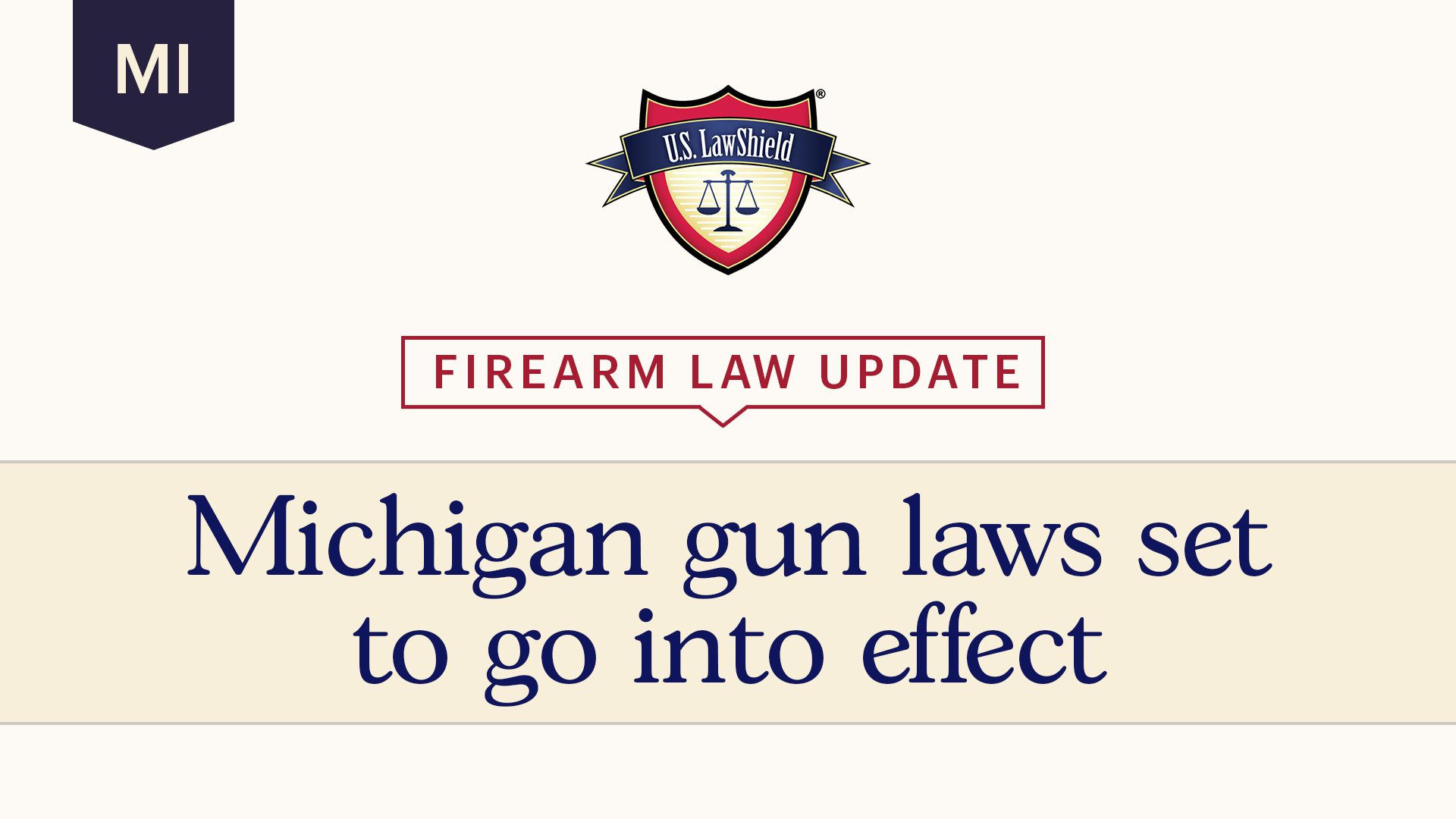Concealed carry on Federal property? Here is what you need to know…
If you have a license or permit to carry a handgun issued by your home state, the license or permit does not give you any rights to carry onto federal property or inside federal facilities. One difference between federal law and state carry law is how the terms property, premises, buildings, and facilities are used. Under federal law, a person is generally prohibited from carrying on federal property (think grounds, parking lots, and sidewalks) and at federal facilities (think buildings).
Carrying at Veterans Affairs Hospitals and Post Offices
The major places we see good people get into trouble are Veterans Affairs hospitals and the United States Post Offices. As you may know, you are generally prohibited from carrying a firearm into one of these facilities, but did you know that prohibition extends to the parking lot? Even a firearm inside of your vehicle at these locations is almost always a violation of the law.
Carrying at National Parks
National parks are a little bit different. Generally, federal law allows the possession of a firearm in a national park, so long as you are not prohibited from possessing a firearm and the possession is done in compliance with the law in the state in which the national park is located. However, just like the other federal facilities we’ve discussed, you cannot bring a firearm into any federal buildings—including: ranger stations, museums, exhibits, and restrooms.
We hope you found this quick refresher helpful, but if you have any questions about carrying legally, call U.S. LawShield and ask to speak to your Independent Program Attorney.
The information provided in this presentation is intended to provide general information to individuals and is not legal advice. The information included in this publication may not be quoted or referred to in any other publication without the prior written consent of U.S. LawShield, to be given or withheld at our discretion. The information is not a substitute for, and does not replace the advice or representation of a licensed attorney. We strive to ensure the information included in this publication is accurate and current, however, no claim is made to the accuracy of the information and we are not responsible for any consequences that may result from the use of information in this publication. The use of this publication does not create an attorney-client relationship between U.S. LawShield, any independent program attorney, and any individual.





Thank you for the information. Very helpful.
That’s not entirely true! I work for GOV. and I can carry in my vehicle but not on person. But I may add that every base is different and it has to be approved by Commander.
Your commander cannot override federal law
Didn’t realize that about post office grounds such as driving thru to drop a letter in drop box.
Thank you. Are Army Corps of Engineers properties still included in prohibited Federal Properties? Several years ago it was being addressed to possibly be changed to exempted but I never hear more.
More information, please. Are these rules only enforceable by federal law enforcement and U.S. Attorneys? Or can state or local law enforcement prosecute you? These kinds of rules are often used as traps that are only sprung if some LEO or prosecutor wants to pile on charges for coercion, retribution or publicity purposes. In many places, the strip of land immediately adjacent to the curb (which may include the sidewalk) is technically owned by the local city or town (sometimes called tree lawns or utility corridors) so defense counsel should be made aware of this.
I’ve asked TLS this question before and it’s always nebulous. For example, Isle Du Bois State Park, Lake Ray Roberts, Pilot Point Texas. I believe it’s a Army Corps managed lake and I’d like to carry when riding my horse in there. Never got a definitive answer. It’s like they want a test case to be tried and that’s not going to be me.
I love in the country. Does that mean I have to drive 20 to 40 miles home to drop off my weapon? Then go back into town, then back home to pick it back it up again to finish my errands? I’m sorry but why can’t I leave it in my car.
Honestly I think the laws concerning the Post Office needs to change especially during their off/closed hours of operation. When I person rents a post office box during their agreed time of rental the box is theirs and should be treated as such. I’ve seen too many times going into a post office after they have closed for the day, they have poor lighting and the doors are open to the general public. Another soft target for the crazies to wait for the perfect time to attack. I understand these are the laws we must obey, but in doing so, make good law abiding citizens prey!
Paula, my wife and I have a similar dilemma when stopping @ the local post offices. The main post office for dropping off is on a separate property with their own driveway and parking lot. We actually park in the adjacent parking lot and walk to the drive up mail boxes or go inside to drop off packages. The pickup location is across the street in a strip mall with only their parcel being designated post office property so we’re safe with them in our vehicles. Our local PD knows the law but the Chief openly stated unless you did so in the commission of a separate crime, they wouldn’t do much if anything for driving through to the drive up box.
Thanks for information it was very helpful
Texas is one of only a few States which have retained their “property rights”; meaning the Federal Government has permission (from the state) to conduct business (in that state). Case in point: the “Fort Hood Shooter” Nidal Hassan was stopped by an off duty Deputy on the base. Yes, she is a cop, but the state of Texas affirmed “duly authorized personnel and citizens (LTC) maintain the Right.
And besides, the 30-06 code does give definitions and limitations on the legal “places” the LTC can/cannot carry.
I want to visit my parents’ grave. My father retired honorably with several decorations from the USAF and they are buried at the Dallas-Fort Worth National Cemetery. There is a no firearms sign at the gate. I find it annoying that I can not keep the licensed carry locked in the vehicle when I want to visit the grave site. I find it unreasonable and unfair that, because of my domicile, I have to drive through the worst and most murderous part of Dallas to get there, with ineffective defensive measures against the violent criminals who pollute the area.
If all these Texas politicians (local & federal) are so pro-gun, why haven’t any of these laws been changed?
This is helpful. However, I would appreciate it if those who know the law and who also know the real world of violent criminals, would acknowledge that these absurd federal laws keep only the law-abiding in harm’s way. Criminals who have illegal guns and like shooting them in federally mandated “gun free zones” have only easy targets on federal property. Thanks.
DOD not know a out post office parking lot. You are stopped for a minute dropping off mail and breaking the law at the same time. Bummer. After hours, the law abiding citizen (us) are at the risk of getting mugged on Federal Property. This is really confusing. You can- you can’t, you can’t and then you can.
If the weapon were unloaded and locked in a case, separate from ammunition before entering a prohibited parking lot, and then both locked in the car, would that still be violating the law?
Hello Mikey, please see this response from one of our Independent Program Attorneys.
“Mikey, if the firearm is located in a locked trunk that would establish that the person was not carrying it. However, “possession” of the firearm could be established because the person is in possession of the automobile.
Unfortunately, many of these federal laws also prohibit “storage” of a firearm, which would definitely include keeping the firearm in the trunk.”
At one time I remember the laws for carry were different for National Parks and National Forests (as hunting is allowed in National Forests). The video shows a National Forest Ranger station as a prohibited building – are the laws now the same for National Parks and National Forests?
Hello Rob, please see this response from one of our Independent Program Attorneys.
“Rob, in 2010 the U.S. code was changed to specifically state that National Parks and National Wildlife Refuges will follow the same firearm laws as the state where the National Park is located. This means that an LTC holder can carry a handgun in Big Bend National Park because it is located in Texas, but cannot carry a handgun in Yosemite National Park because it is located in California.”
Let’s not forget national cemeteries. At the Cemetery of the Alleghenies signs are posted at the entrance.
A post office that is its own building, with its own parking and drive through is one thing, but is a post office in a strip-mall or other multi-use complex that shares parking with other tenants or businesses the same?
Hello Duane, please see this response from one of our Independent Program Attorneys.
“A U.S. Post Office parking lot that is located in an area where it is shared with other businesses is not subject to the firearm prohibitions stated in 39 CFR 232.1. The actual portion of the building occupied by the USPS continues to a prohibited place, but firearms can be stored in cars in the parking lot.”
Duane S. Strip mall p/o’s restrictions are only inside the door. Parking lot, driveway and sidewalks are free to carry. Open that door, you better have secured in your car. We have the same situation in our city, main p/o is separate building, parking and drive, across the street in a strip mall is where everything is sorted for final delivery. Spoke with the postal inspector one day about it and he confirmed as accurate.